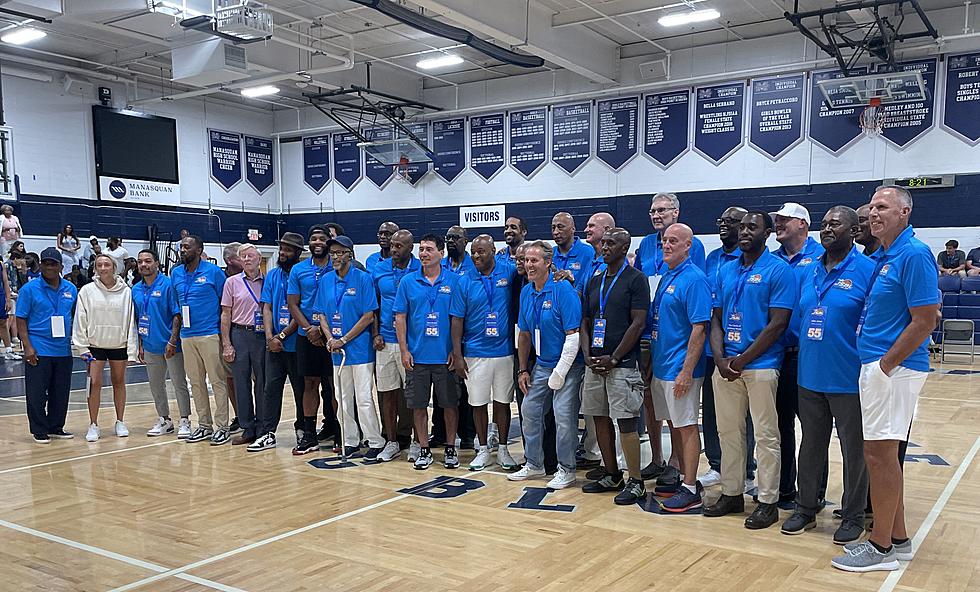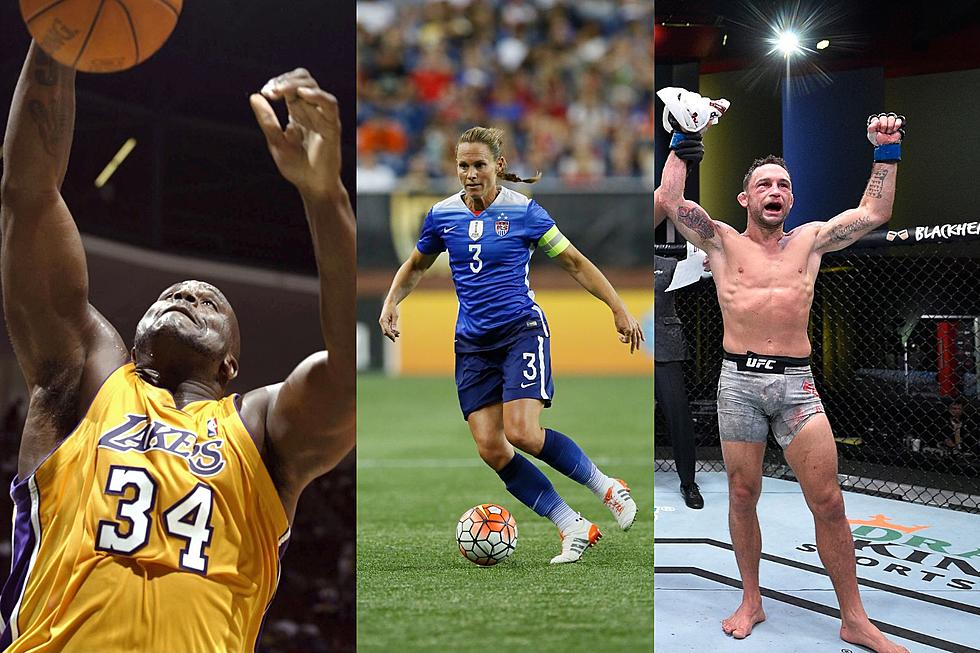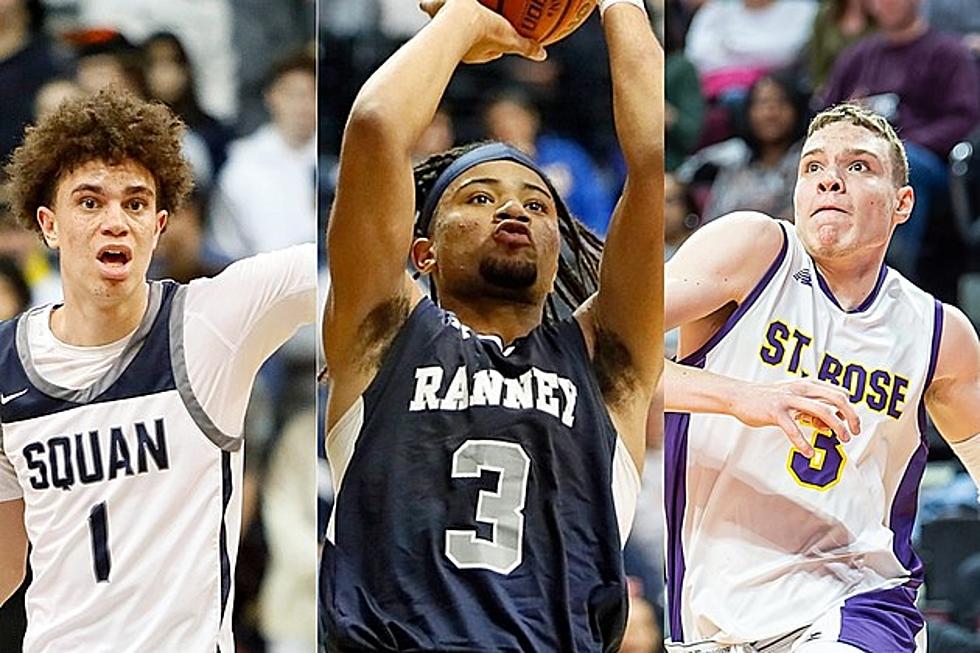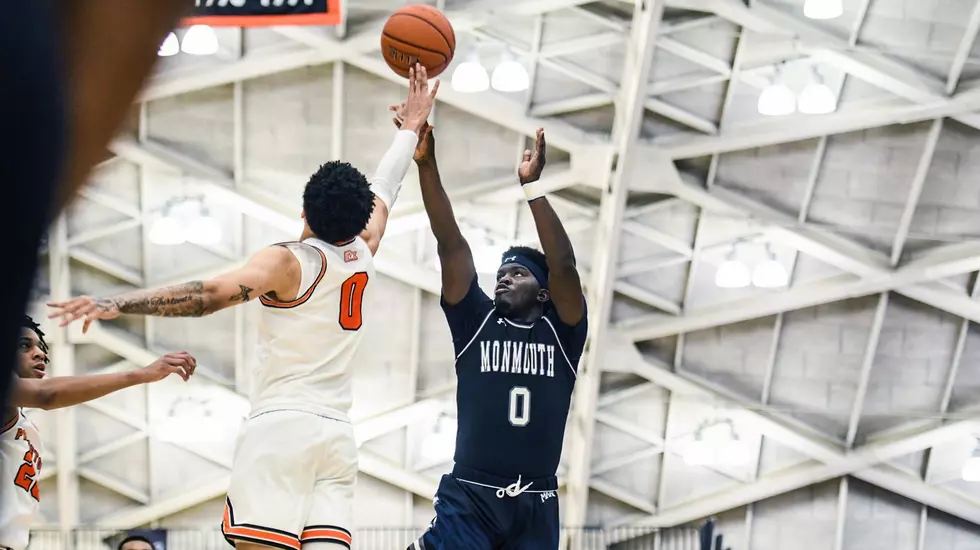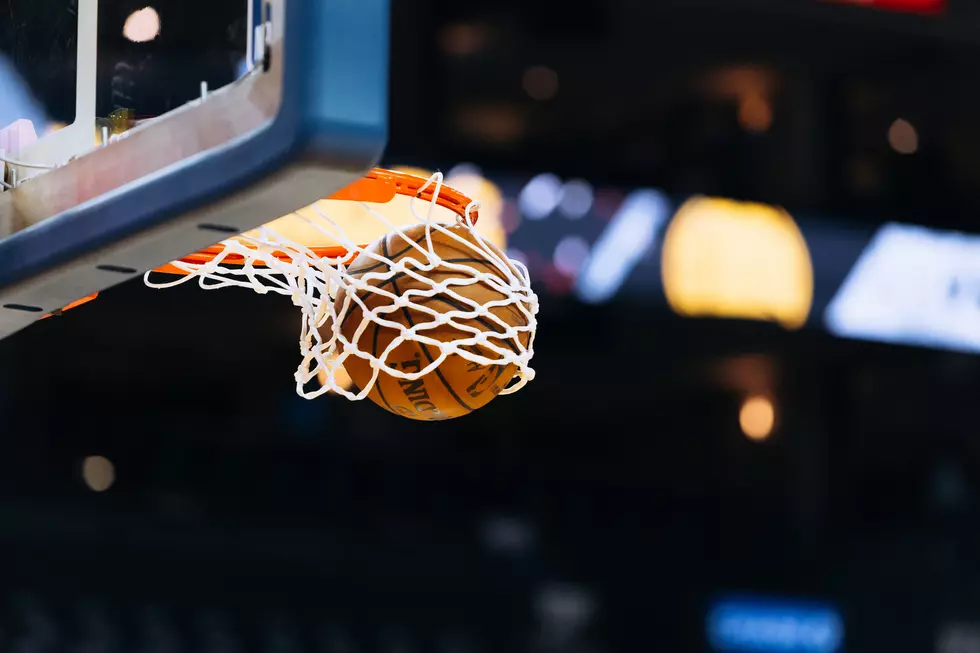
New High School Basketball League Will Pay Top Players Six-Figure Salaries

High school basketball players earning six figures? There’s a company looking to make that a reality in September.
Overtime Elite is well-known in the basketball world, specifically for using its platforms on Twitter, Instagram and TikTok to promote rising high school basketball stars. They helped thrust former Duke University star and No. 1 overall NBA draft pick Zion Williamson into the national spotlight, among others. Being featured in a post from Overtime is a good way for a player to “blow up”.
Now, Overtime Elite is looking to form its own league and pay some of the top high school ballers in the country.
On March 4, OTE announced it will be starting a league for 16-to-18-year-olds beginning this September. The plan is to attract 30 of the best players in the country who will be paid at least $100,000 per year and also receive equity in the company, full health insurance and disability insurance in case of injury. Players would also be guaranteed up to $100K for college if they decide not to pursue a professional basketball career.
Players could also earn money from the use of their likeness and sign sponsorship deals.
Players and their families would move to a yet-to-be-determined host city for Overtime Elite and play against top high school programs in the U.S. and also compete against teams from other countries.
The startup league has received a stamp of approval from NBA Commissioner Adam Silver and is backed by Overtime investors including former NBA star Kevin Garnett and current NBA standout Carmelo Anthony.
Players would have to give up their high school and college eligibility to play in the Overtime Elite league. According to a report by the Minnesota Star Tribune, the league will have an accredited academic program and would focus on courses like financial literacy, media training and social justice.
If it’s not already clear based on the information presented, this league isn’t for your average high school basketball player. This is designed to attract the very best talent in the United States who would prefer to skip the traditional high school-to-college-to-professional league path. High school basketball players obviously aren’t paid (at least not legally). The same goes for college players (again, at least not legally) due to NCAA rules. Those players have also been restricted from earning money for their name and likeness and earning sponsorship money, which has been the catalyst for legal action in recent years.
New Jersey is a basketball hotbed with several of the country’s top college recruits on a yearly basis. The 2021 ranked in the ESPN Top 100 includes Rutgers Prep’s Trey Patterson (signed to Villanova), Samson Johnson of the Patrick School in Elizabeth (signed to University of Connecticut) and Blair Academy’s Jaylen Blakes. In recent seasons. The No. 1 player in the ESPN 25 for the Class of 2023 (current high school sophomores) is Camden’s D.J. Wagner, who is the son of New Jersey hoops legend Dajuan Wagner. The Garden State has produced countless NBA players, including Brooklyn Nets star Kyrie Irving (West Orange/The Patrick School), Minnesota Timberwolves star Karl-Anthony Towns (Piscataway/St. Joseph-Metuchen) and NBA Hall of Famer Shaquille O’Neal (Newark).
The Shore Conference currently doesn’t feature any of those types of players and has only had a handful of the nation’s elite in its history. Recently, the Ranney duo of Scottie Lewis (ranked No. 10) and Bryan Antoine (ranked No. 15) were among the country’s most sought-after high school players. Lewis currently players for the University of Florida and Antoine for Villanova. NBA veteran J.R. Smith, a Millstone Township native who played two seasons at Lakewood High School before transferring to national power St. Benedicts in Newark. Smith was committed to the University of North Carolina by decided to forgo college and declared for the 2004 NBA draft back when the NBA permitted players to go directly from high school to the pros. Smith was the No. 18 overall pick by the New Orleans Hornets.
Would a league of this nature have attracted those players and altered their paths to stardom? Irving was a star at Duke and Towns the same at Kentucky, both of which are college basketball blue bloods, so it certainly didn’t hinder their development. Smith was No. 23 in the consensus recruiting rankings in 2004 and given he bounced around high schools and skipped the college route, it seems like he would have taken the Overtime League’s invitation.
The main reason for any of the top players to give up high school and college eligibility is obviously for the money. Purists will scoff at this notion, but the players who will play in this league are ticketed for professional basketball anyway. If there is a market for them to be paid now, why should they turn it down?
We’re about to find out if the traditional model is ready to shift for good. Overtime’s idea isn’t completely unique, but it is the first of its kind for the targeted age group. The NBA created Ignite as a feeder to its developmental G-League as “an opportunity for players who choose not to go to college and want to become professionals,” Silver said during his annual update during NBA All-Star weekend. “They can go directly into the G League and be well compensated.”
Players must be 19 before entering Ignite, which is for players who want to skip college but are not yet eligible to be professionals because of age. They are paid anywhere from $200K to $500K.
The coming months will be telling. Do top players from the classes of 2022 and 2023 begin to flock to Overtime Elite and let their talents start earning them money right away? If so, it could be a paradigm shift that changes elite basketball forever.
READ ON: See the States Where People Live the Longest
More From Shore Sports Network

